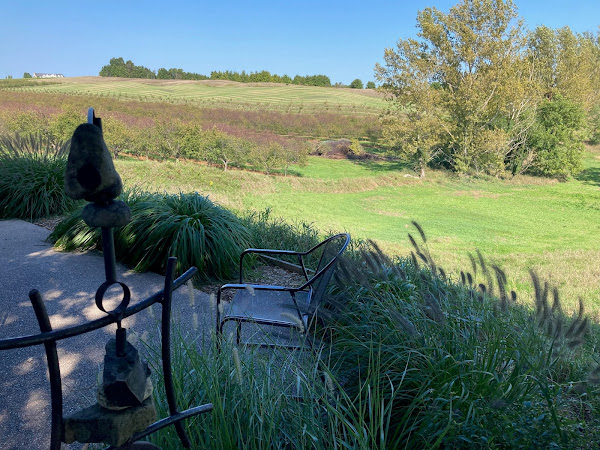How editors can feed the beast
Who is your most important reader? Business editors imagine it's a company's chief executive, or the people desperately trying to understand what the CEO is doing. Investors, business partners and especially potential business partners hang on the CEO's every word. Crain's Chicago Business used to advertise itself as "Where the Who's Who read what's what," till Who's Who, the place you looked up famous people, started being replaced by Google. Who's Who? Say what?
Editors should think about another very influential reader: Google. Its audience is nearly everyone in business. Like the CEO, Google has tremendous resources. And like the CEO, it does not have much time for us. As a result there's a thriving marekting specialty, search engine optimization, or SEO. Its practitioners—let's call them SEOs too—all want Google to share a bit of that audience.
Their problem is not a mystery. SEOs all want a listing at the top of search engine results, and there's not much room at the top. Whatever the SEO tells you, the search engine is not hocus-pocus either. It's a powerful computer, but it's most comfortable reading code. English is its second language. As a reader, Google has artificial intelligence at its disposal, but it's still not very intuitive. Even so, its decisions can make or break a business.




